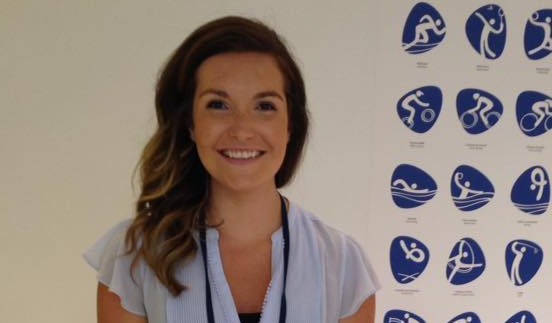Lindsay Smith is the Assistant Manager of Sport for the 2020 Arctic Games in Whitehorse. Her main roles include overseeing the sport division portfolio; more specifically sporting schedules, sport equipment purchasing, sport technical, sport officials, and mission services. Every day poses a different challenge to overcome but she lets us in on her secret to success that has gotten Smith to where she is today. In my interview with Lindsay Smith, we chatted more specifically about her day-to-day and why she chose to work in non-for-profit sport. Join me as we learn more about Lindsay and her role with the 2020 Arctic Winter Games. Enjoy!
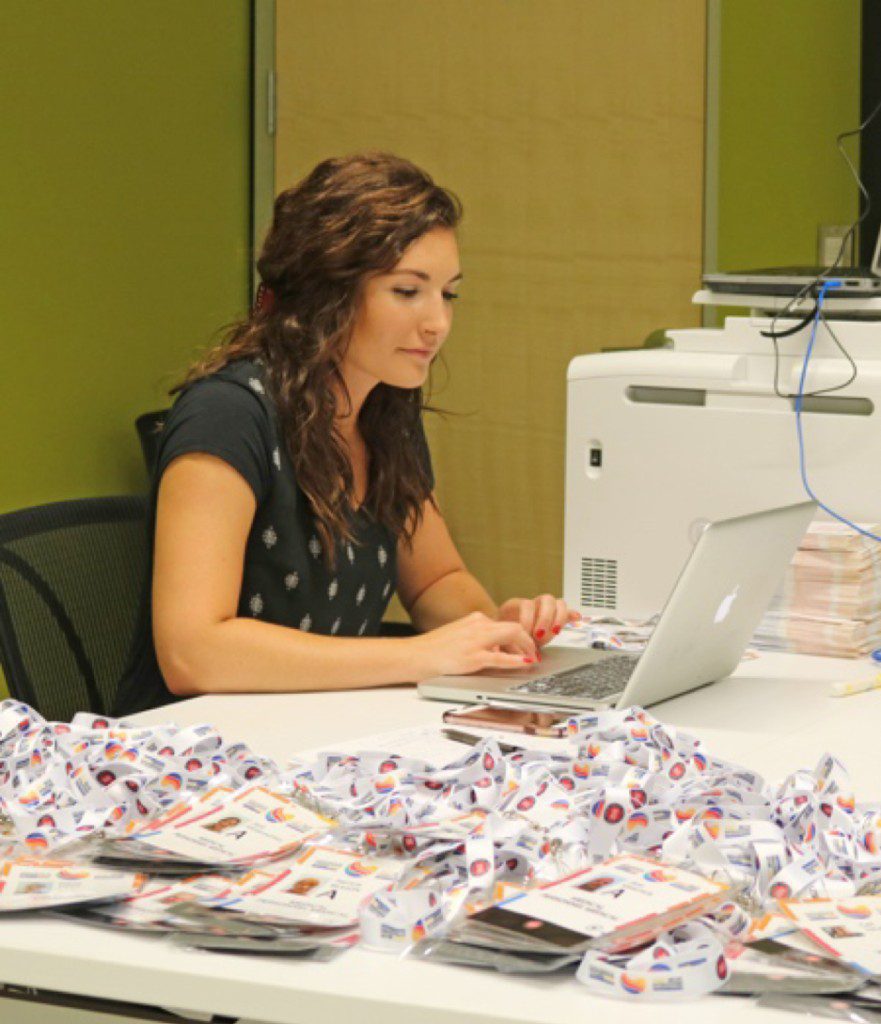
Please note: The interview with Lindsay Smith was conducted via a typed conversation. Editing changes were made to make it easier to read while maintaining the voice of the interview.
Tell us about your role as Assistant Manager of Sport at Whitehorse 2020 Arctic Winter Games.
With my role as Assistant Manager – Sport for the Whitehorse 2020 Arctic Winter Games (AWG2020), I oversee the Sport Division portfolio; specifically relating to Sport Schedules, sport equipment purchasing, Sport Technical, Technical Officials and Mission Services. In my role, I am accountable to my VP/AVP – Sport, Manager – Sport, 320 clients (170 Technical Officials, 110 Mission Staff and 40 Sport Chairs) and various interdependent Functional Areas (FAs)/Divisions*.
AWG2020 has a 21 sport program with a mixture of mainstream (e.g., Basketball, Hockey, Volleyball) and traditional sports (i.e., Arctic Sports and Dene Games). Each of our 21 sports have one/two Sport Chairs whom I assist in the creation and implementation of their sport schedules and overall operations. Additionally, I oversee the Technical Officials program for each sport, coordinating, liaising with, and managing all elements – recruitment, invitation, travel and accommodation – for the Officials who will visit Whitehorse from across the Circumpolar North. An important piece of managing the Sport Schedules and Technical Officials program is ensuring each is in accordance with the AWG2020 Sport Technical Packages provided by the Arctic Winter Games International Committee (AWGIC) and in accordance with either the sport’s National Sport Organization (NSO) or International Federation (IF) regulations.
Finally, through my role I am involved in some initiatives brand new to the Arctic Winter Games, including declaring AWG2020 as a True Sport event and the implementation of inclusion initiatives (e.g., Pride House).
*This role is highly interdependent and collaborative in nature. It requires constant communication and information sharing among FAs such as Logistics (i.e., Transportation), Venues and Athlete Services (i.e., Food Services) to ensure that each of our functions are aligning plans and procedures to the Sport Schedules (as this is the basis of our operations).
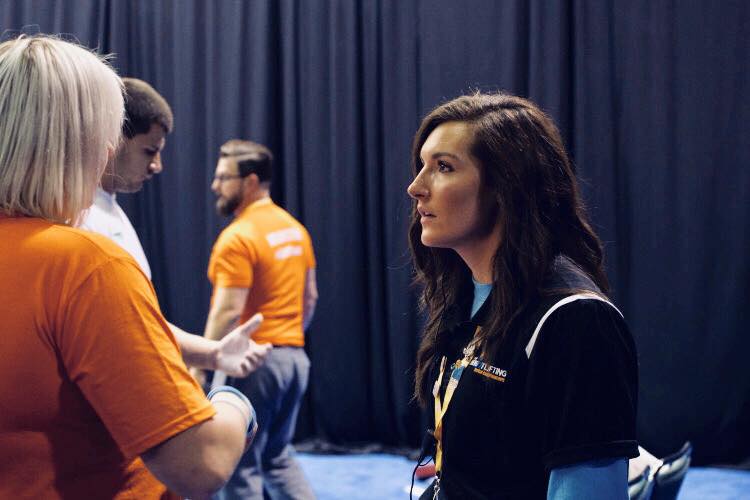
What does a typical day look like for you?
A typical day for me involves arriving at the office between 8:30 am-9 am, responding to any emails received overnight – which, at this point in the lifecycle of the Games can take upwards of an hour – and diving into my ‘to-do’ list which I build weekly based upon monthly deliverables. As my role involves managing 320 clients, a large portion of my day is dedicated to disseminating information (e.g., updates to Sport Schedules, Sport Technical requirement changes, travel plans etc.) to stakeholders and responding to any questions or concerns they may have.
Alongside liaising with stakeholders, I manage data, excel spreadsheets and google documents related to my FA. This includes creating Letters of Invitation, creating and updating the format/data for our Sport Schedules, tracking client data (e.g., Technical Officials’ arrivals and departure dates/times) and creating/implementing AWG2020 Sport policies.
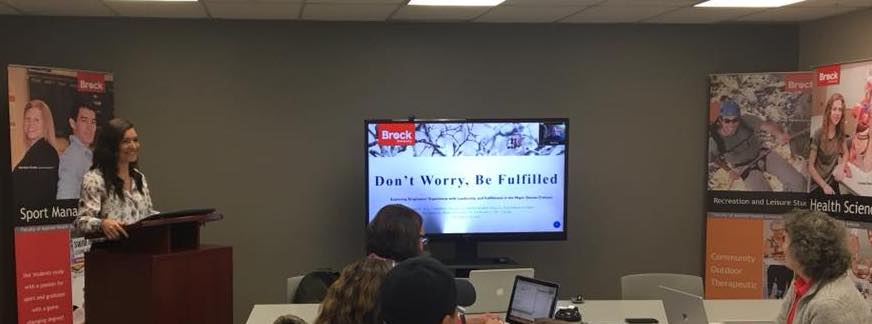
Would you say your path to your current position was quite easy or rather challenging, and can you discuss why?
My path to my current position has been neither quite easy or rather challenging but a mixture of the two at different times in my journey.
The simpler part of my journey has been knowing what I was interested in pursuing as a career. From the third year of my Undergraduate degree onwards I had a big dream of working in Major Games events internationally. Knowing this, I worked hard to become involved in any sporting event that I could, volunteering in any role available. After concluding my final year of study, I landed my first role at an international Games in the small island nation of Samoa called the Samoa 2015 Commonwealth Youth Games. I had never worked at something so challenging in my life before, and I was immediately hooked and searching out my next role. This has been the trend of my journey.
The most challenging part of this path is not the workload of events – though don’t be fooled, the short lifecycle causes excessive amounts of work being delivered in short time frames, which can at times be painstakingly difficult. The biggest challenge for me is that this is a contract based industry, meaning that I am only ever hired for a fixed amount of time. At the end of each contract, I am unemployed, typically moving away from whatever foreign country I had been living in, in search once again for the next opportunity.
Finding opportunities when you know yourself and what you’re looking for isn’t difficult, however, being patient with the timing of the opportunity most certainly is.
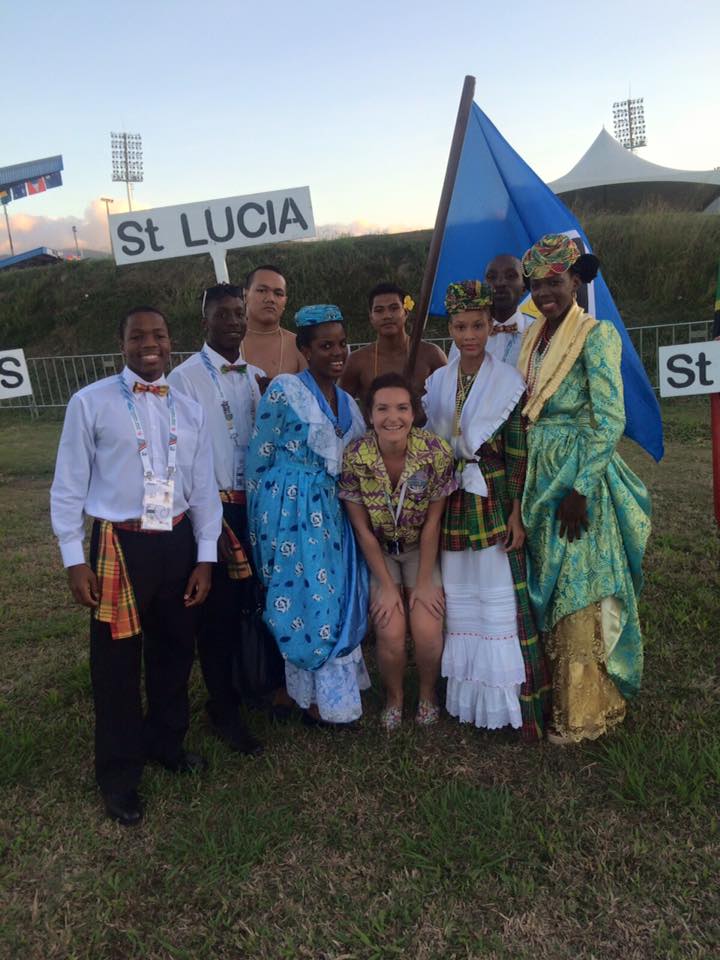
Are there any strategies you use to overcome particularly challenging situations?
Perhaps this is why I’ve made my career delivering events; my strategy is to always have a ‘plan b’… and ‘c’, and ‘d’, and ‘e’… all the way to ‘plan z’. Whenever I’m faced with a challenge, I ensure that no matter what may arise, I have thought about the possibilities from every angle so I am guaranteed a way forward. It may not be the most ideal way, but I will always find a way to move ahead. For me, this makes me calm and confident when challenging situations arise.
[showmodule id=”274431″]
I noticed you took Sport Management for your undergrad and continued with it as your Master’s degree. Take us through your decision to continue to pursue a Master’s degree in Sport Management once you were finishing off your undergrad.
I thoroughly enjoyed my Undergraduate degree and felt passionate about discovering more through a Masters. To put it simply, there were more questions I wanted to ask and I felt a Masters was a great way to explore those questions and perhaps answer them.
I was close with a TA during my first year of university, and through speaking with her early on and hearing of her experiences – plus other research along the way – I felt fairly confident that I understood what a Masters entailed and that the academic environment was one that appealed to me enough to continue on.
Unsolicited advice: do not pursue a Masters if you’re simply feeling unsure about what you want to do post Undergrad. Though I understood what I was getting into, my Master’s degree was significantly more challenging than I could have expected. If you’re not passionate about it, think twice about the investment.
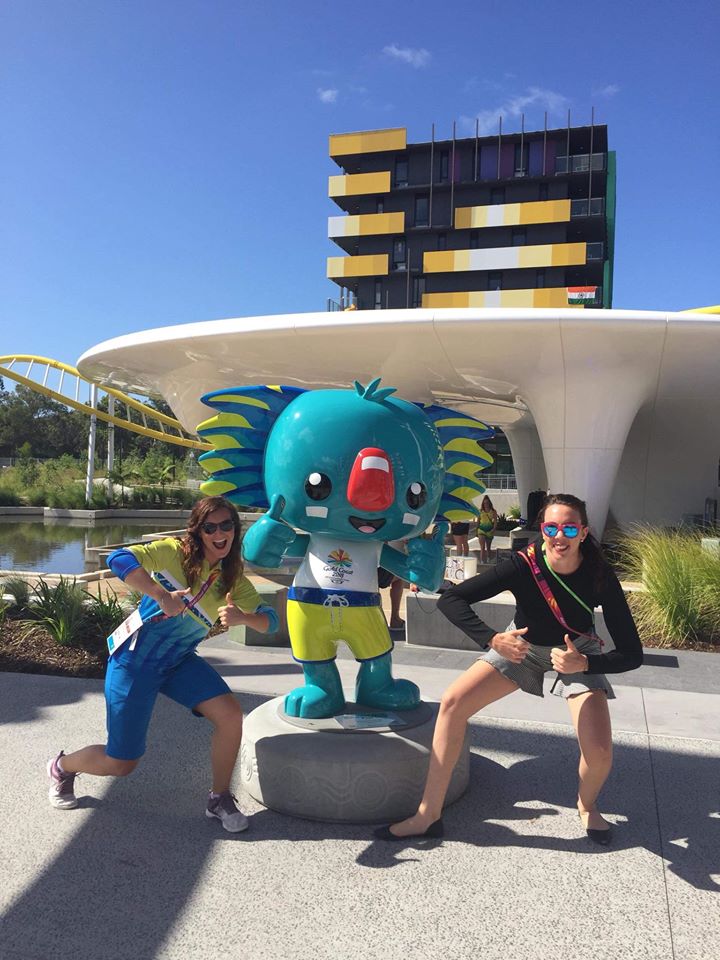
Tell us about your Master’s thesis. What was it about? How did your Master’s degree open up the door to potential sport industry opportunities once you graduated?
Given my career interest, I chose to study employees’ experience with leadership and fulfillment in the Major Games context. In other words, I was interested in understanding the experience that Major Games employees had with leadership/leaders in a temporary workplace environment, and how personal and professional fulfillment fit into such a unique work context.
The first way I feel that my thesis opened doors for me was through exposure to new and different professionals compared to those already in my network. I personally interviewed 20 Major Games professionals – many of whom I had not previously met – while conducting my thesis, and also travelled to many conferences to present my research, subjecting me again to meeting new people whom were coming from different areas of the industry.
This exposure has broadened my network, along with my vision of areas I’d like to explore within the sport industry in the future. Secondly, what I find most valuable from my Masters experience is the proven ability to think critically, be innovative, conduct research and communicate information in a digestible way. In my experience, it is these soft skills that I refined most during my Masters, and it is these skills that have helped to make me even more of an asset to any work and team environment that I enter into.
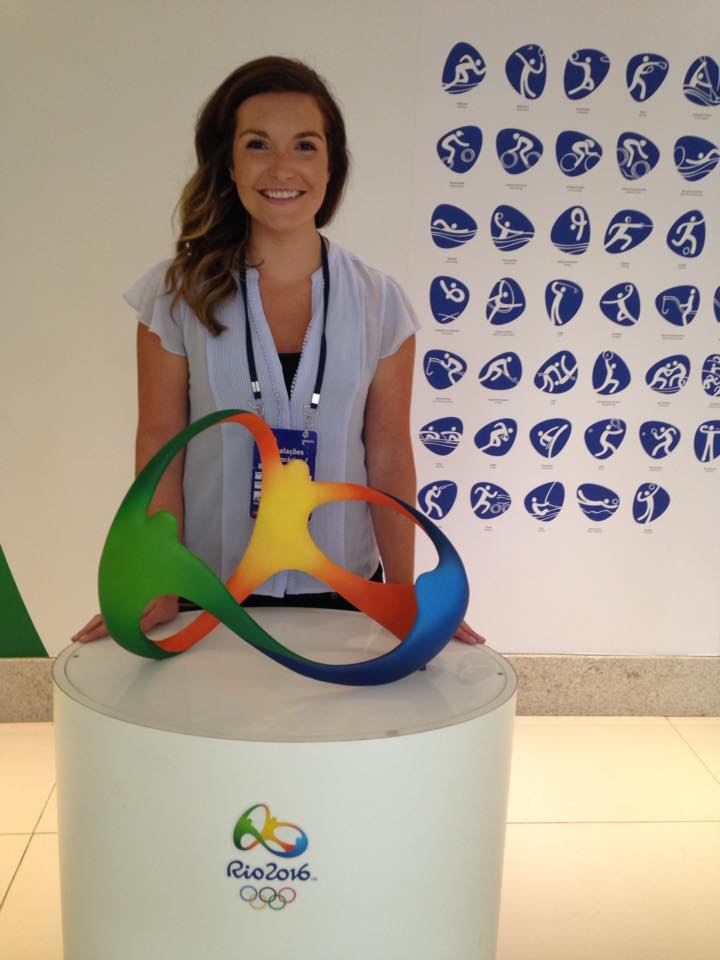
Why did you choose to work on the non-profit side of sport as opposed to others?
Frankly, I wasn’t particularly focused on which sector I wanted to work in given Major Games events were my passion – whatever got me there was what I would have chased.
Whether you know which sector you’re most interested in, or the type of role that appeals to you, or the location where you’d like to work – being able to pinpoint somewhere you’d like to start will help you to discover the rest.
[showmodule id=”274416″]
What would you include on a list of your top 3 biggest accomplishments (or moments) between working in sport?
1 My first international experience with the Samoa 2015 Commonwealth Youth Games. This was not only my first career role in multisport Major Games, but it was also my first extended and furthest trip aboard. To this day I’m extremally proud of my bravery and my commitment to pursuing my interests.
2 Working at the Rio 2016 Summer Olympic Games. My ultimate dream was to work at the Olympic Games, and I realized that dream as a recent graduate at the ripe age of 23 years old. This will always be a highlight reel moment for me.
3 Completing my Master’s degree. That experience challenged me personally and academically more than I could have imagined. It is a blood, sweat and tears filled accomplishment that reinforced who I am and what I am capable of.
[nnr_optin_fire id=”17″]
Amanda’s Final Thoughts
After hearing Lindsay’s path began similar to my own with a masters degree in Sport Management, I was eager to learn more about how she was able to gain such valuable experiences in the field. The advice I have taken and hope other aspiring industry professionals take from my interview with Lindsay is “being able to pinpoint where you’d like to start will help you to discover the rest.” I think Lindsay Smith really drives that passion she has for working in major sporting events in order to become as successful and adaptable as she has been in adverse situations. I would like to congratulate Lindsay for her amazing accomplishments thus far. It was a pleasure collaborating on this piece with her!
Lindsay Smith
Interview by Amanda Hope
Posted February 1, 2020 in Industry Profiles

